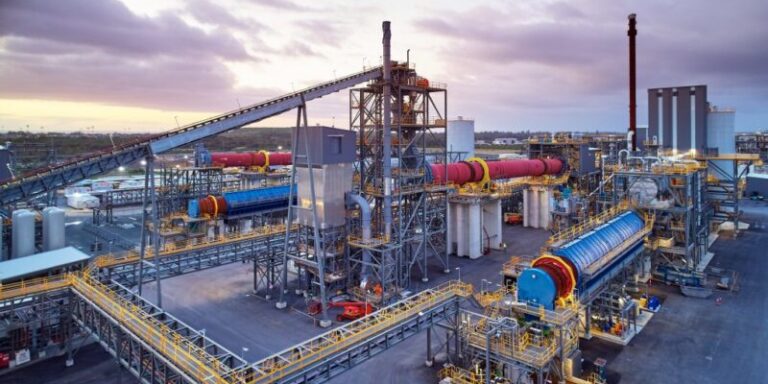
Africa’s significant role in hosting critical battery minerals for the electric vehicle (EV) market is clouded by volatile demand and other challenges, making it complex for mining professionals to assess their value.
These challenges were a central topic at the recent World Association of Mining Lawyers conference near Cologne, Germany, where SRK Consulting SA’s Managing Director Andrew van Zyl and SRK Consulting US Corporate Consultant for Mine Closure Jeff Parshley were featured.
The event, drawing international professionals and a strong South African contingent, examined various issues.
“Rapid changes in battery technology for the burgeoning EV market introduce more uncertainties for mining professionals in asset valuation and strategic planning,” noted Van Zyl.
“Though the demand for battery minerals is generating mining enthusiasm, its volatility complicates valuation and planning decisions,” he continued.
“This instability is particularly critical as the mining sector elevates its standards to meet stringent environmental, social, and governance (ESG) requirements.”
Lithium Substitution and Cobalt Fluctuations
An example is the fluctuating lithium price, surging due to supply anticipations, only to plummet due to reduced Chinese demand and proposed substitutions for EV batteries.
Sodium-ion batteries, viewed as a lower-cost alternative to lithium-ion, are emerging, with forecasts suggesting they could power up to 12% of new battery electric light vehicles by 2030.
Similarly, cobalt’s price surged from USD 20,000 to USD 100,000 per tonne, then plummeted to USD 40,000 within months following a chemical company’s announcement to reduce cobalt use by 75% in batteries.
Rare Earth Element Concerns and Responsible Sourcing
Constraints on Rare Earth Elements, vital for EV applications’ permanent magnets, potentially hinder production.
Additionally, a major battery and EV manufacturer plans to use rare earth-free permanent magnets, showcasing the volatility in demand and prices linked to swift battery technology innovations.
This emphasizes the significance of robust technical input for due diligence studies and regulatory filings, an area where SRK collaborates frequently with legal firms.
The transition to responsibly sourced battery minerals will impact mining operation risks, as compliance with labor, health, safety laws, and ESG concerns gain prominence, particularly in regions like Europe and North America.
Artisanal Mining Engagement
Mining firms in African nations are increasingly collaborating with the artisanal mining sector – often considered illegal – seeking sustainable formalization.
This sector, though associated with labor exploitation and safety lapses, is a significant job provider. Strategies for responsible engagement are being explored.
Van Zyl reiterated that despite commodity price volatility, adhering to technical best practices remains essential, including optimizing costs, responsible mining, and achieving zero harm.
Adapting to Technological Change
As the mining industry grapples with technology-driven changes, associations like the World Association of Mining Lawyers provide a platform for legal and technical experts to address the challenges and opportunities posed by a rapidly evolving landscape.
The role of technology in enhancing data utilization for greater efficiency and reduced carbon footprint is also gaining traction.





